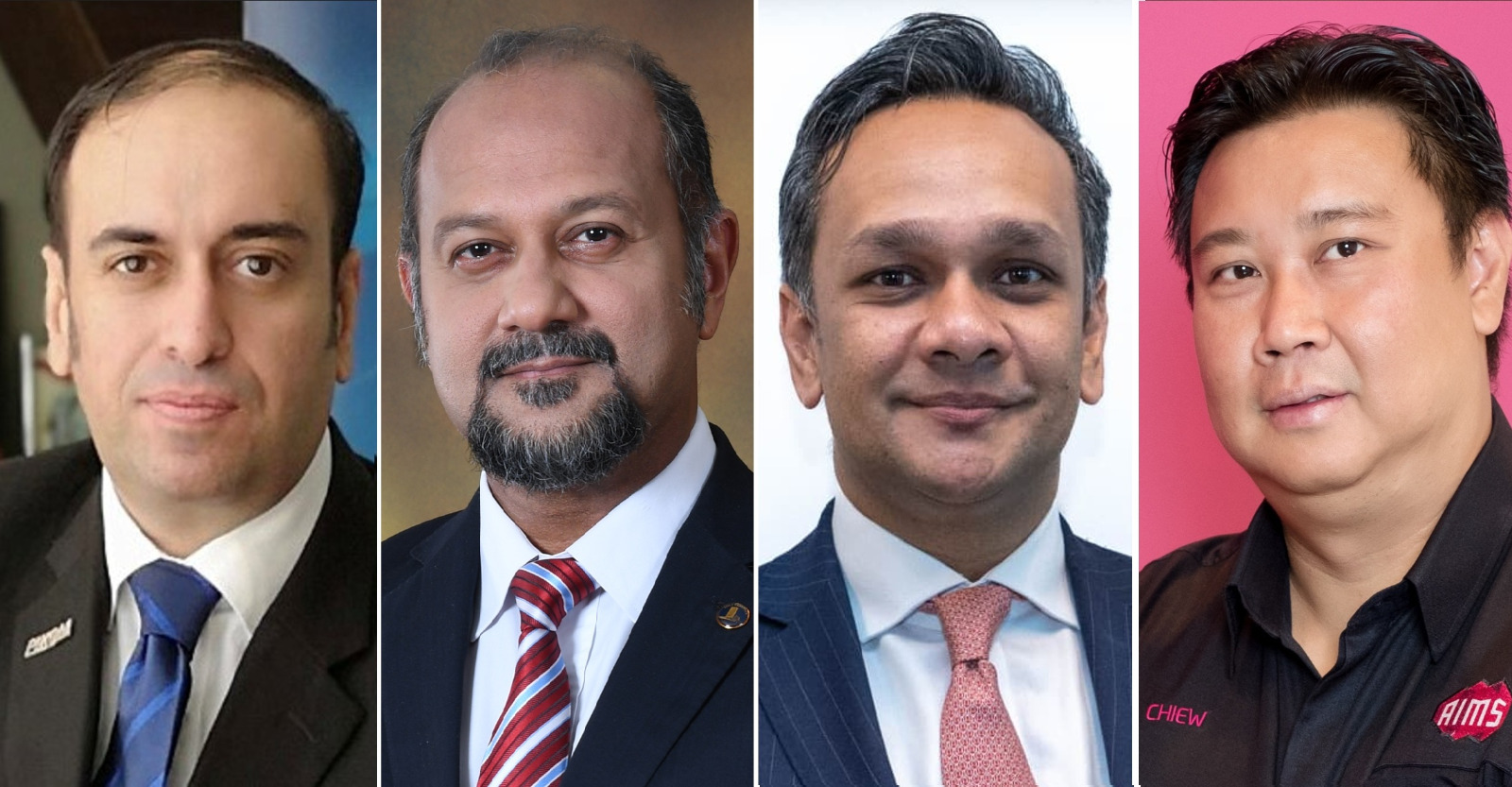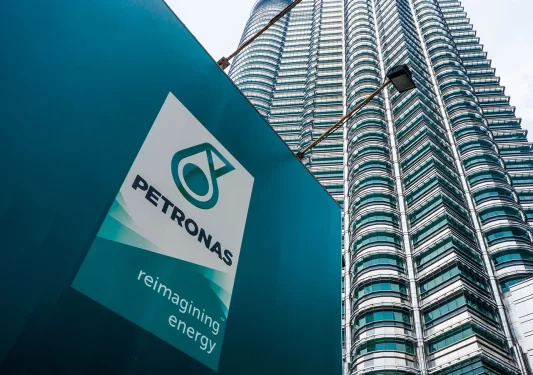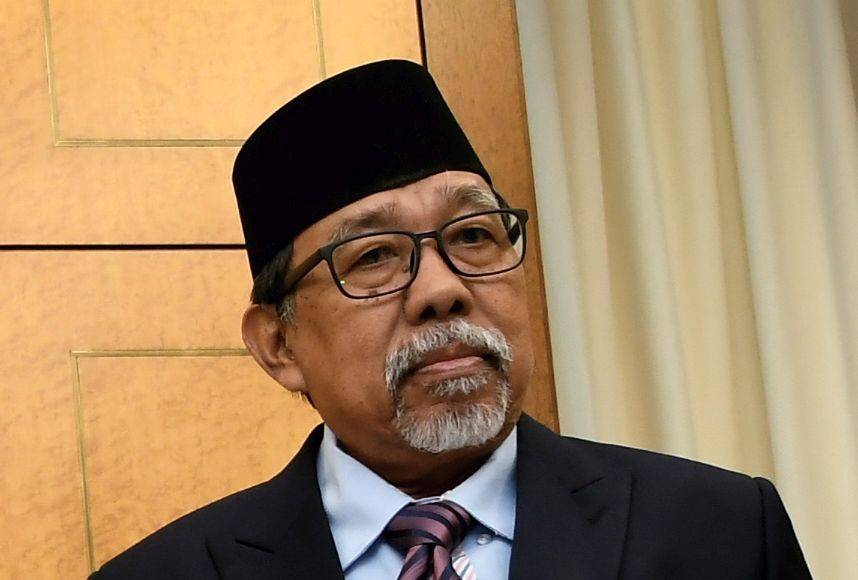THE catalytic impact of the digital economy and technology is evident throughout the recently unveiled Madani Budget 2025.
With key allocations aimed at enhancing digital infrastructure, nurturing AI (artificial intelligence) innovation and supporting local businesses in their digital transformation, the budget reinforces Malaysia’s commitment to driving long-term sustainable growth through technology, according to industry leaders who spoke to FocusM.
Industry veteran Ganesh Kumar Bangah stressed that the digital economy transcends all sectors, serving as a backbone for innovation and efficiency.
“The digital economy is not just about technology itself. It is about empowering every sector to achieve greater productivity and growth,” said Ganesh who is also the executive chairman of Commerce.Asia and Xamble-Nuffnang group of companies.
He highlighted the RM500 mil allocation for the Tourism, Arts and Culture Ministry as a prime example by emphasising that a significant portion should be directed towards digital marketing efforts.
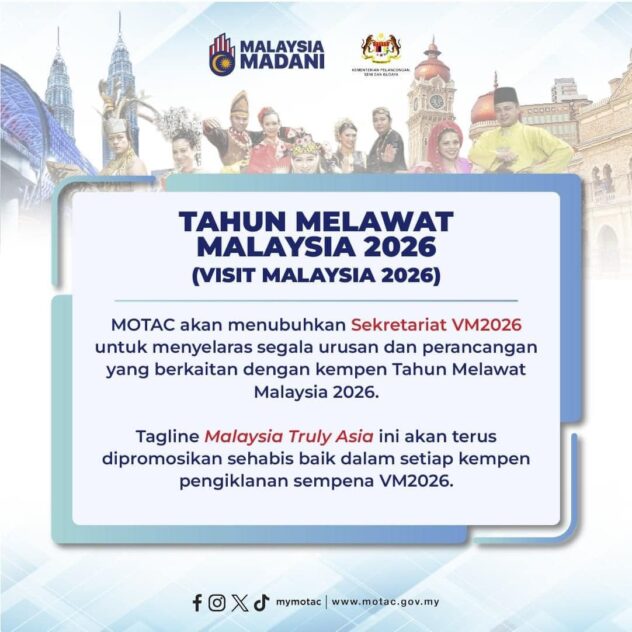
“With Visit Malaysia Year 2026 approaching, strategic investment in digital marketing would be crucial for attracting foreign tourists and driving foreign exchange,” envisages Ganesh who is widely referred to as “the Bill Gates of Malaysia”.
“By leveraging digital platforms and technologies, we can reach global audiences more effectively.”
AI emphasis
The government has set aside nearly RM550 mil to intensify tourism promotion and activities with digital technologies expected to play a key role.
“By embracing digital marketing, data analytics and AI-driven strategies, Malaysia can enhance its global visibility, thus ensuring a more targeted and impactful approach to promoting the nation as a premier tourist destination.”
Ganesh further urged local businesses to view technology not merely as a tool but as an enabler of greater growth and sustainable profitability.
“Digital marketing and influencer outreach are crucial for businesses seeking to expand their reach – and profitability,” he asserted. “By harnessing the power of digital platforms, companies can target global audiences more effectively, hence increasing their competitiveness in international markets.”
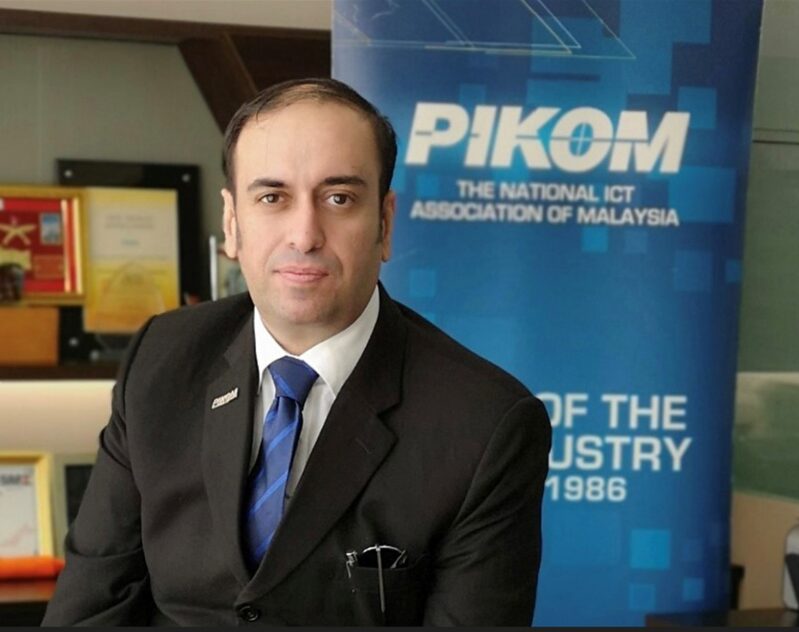
Ganesh who is also the current chairman of e-Commerce Malaysia had previously served as the PIKOM (National ICT Association of Malaysia) chairman from 2017 to 2020.
“For other sectors, enterprise resource planning (ERP) systems are integral to streamlining operations while improving efficiency and driving profitability,” added Ganesh, stressing the importance of integrating technology into all aspects of business.
In a statement over the weekend, Digital Minister Gobind Singh Deo said Budget 2025 builds upon the strong foundations of Malaysia’s digital economy with growth expected to exceed the 25.5% contribution to GDP (gross domestic product) by end-2025.
Gobind has further described the Madani Budget 2025 as “one that prioritises the well-being and prosperity of the rakyat”.
“The initiatives in Budget 2025 will continue to support the Digital Ministry in leading digital transformation efforts, creating an efficient and secure national digital ecosystem, boosting the country’s digital economy and narrowing the socio-economic gap among Malaysians,” said Gobind.
Trailblazing digital economy
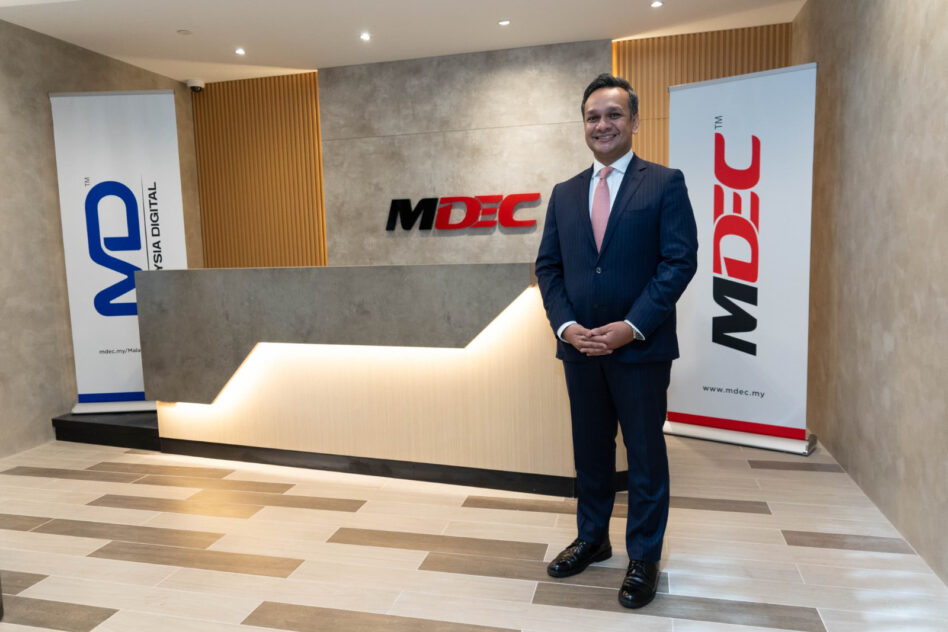
Malaysia Digital Economy Corporation (MDEC) CEO Anuar Fariz Fadzil concurred with Gobind by stating that the Madani government is strategically leveraging Malaysia’s strengths to further drive digital transformation and economic growth.
“Malaysia’s key strengths include our strategic location, multicultural and English-speaking workforce, investor-friendly environment and stable government,” he observed.
“MDEC stands ready to support these transformative initiatives, working closely with entrepreneurs, businesses and communities to ensure Malaysia’s digital economy continues to thrive and create opportunities for all.”
A good example is MDEC’s Founders Centre of Excellence (FOX) programme which has proven to be a resounding success in empowering local start-ups by providing critical resources mentorship and infrastructure support.
Prime Minister Datuk Seri Anwar Ibrahim had cited Vitrox Bhd as a Malaysian success story in his budget speech last Friday.
Vitrox which was founded by two engineers from Universiti Sains Malaysia (USM) and guided by MDEC’s GAIN (Gateway, Amplification, Investor, Nurture) programme has grown into a global player in the electronics industry by serving markets across Asia, Europe and the US.
Meanwhile, Malaysia Internet Exchange (MyIX) chairman Chiew Kok Hin commended the government for the RM800 mil allocated to improve internet connectivity through the Point of Presence (POP) projects and RM100 mil for the Fixed Broadband Infrastructure Connectivity Programme for rural schools.
“These initiatives will enhance digital access, bridge the digital divide and ensure that all Malaysians benefit from the opportunities created by the digital economy,” Chiew acknowledged.
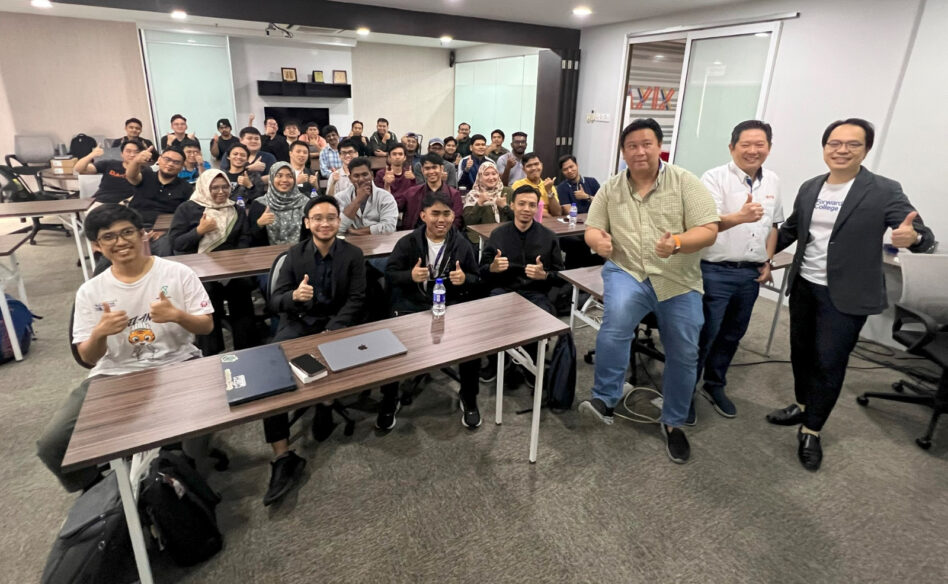
“The RM120 mil allocation to improve internet access in public universities, schools, army camps and MARA institutions will further strengthen Malaysia’s digital infrastructure which is crucial for developing a digitally skilled workforce.”
MyIX recently concluded its latest talent development programme as part of the association’s corporate social responsibility (CSR) initiative.
Given the increasing demand for skilled professionals amid Malaysia’s fast-growing digital economy, Chiew stressed that it is critical for the country to nurture a sustainable talent pipeline well-versed in emerging technologies such as AI.
“With the digital economy strengthening year on year, the demand for skilled professionals within the tech and telco industries will only continue to grow,” he foresees.
MyIX today plays a crucial role in enhancing Malaysia’s internet infrastructure by promoting efficient traffic routing among local internet service providers and content providers.
Its members include prominent local industry players such as AIMS, Maxis, YTL Communications, DiGi, REDtone, Celcom Axiata, TM, TT dotCom and U Mobile along with international peering partners like Microsoft, Google, Facebook and Netflix. – Oct 21, 2024


